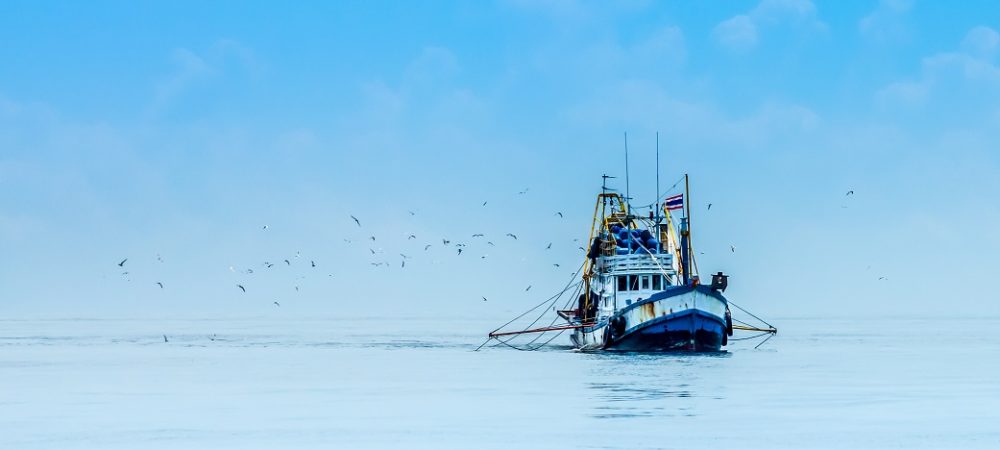NIRSA, one of the largest fishing companies in Ecuador, has deployed SAP S/4HANA to execute global best practices, improve processes and promote the development of its employees.
The Digital Transformation process, among other things, is a wager towards the revolution and the optimization of processes that are currently viewed with optimism in the business sector; It is no coincidence that organizations that have adopted this change are more profitable than their competitors and enjoy a higher market valuation.
This is more so if the business line involves a change towards the automation of processes with the aim of providing value to stakeholders and promoting a cultural change that encourages the development of employees as the main axis of progress.
NIRSA, one of the most important companies in the country dedicated to the capture, processing and commercialization of marine and aquaculture species with the largest fishing fleet in Ecuador, has innovated significantly over the years.
It is going through a transformation process with the implementation of the Lidera Project. This represents a robust investment of more than US$10 million dollars with a five-year projection, with the objective of transforming the organization’s systems digitally.
Jorge Arcila, IT Director of NIRSA, said: “At NIRSA we seek to accelerate our growth, that is, to take the organization to another level.
“This process represents a cultural evolution from a systemic perspective that will be accompanied by multiple benefits such as improving efficiency, executing better global practices, generating new capacities, providing new tools to our collaborators and having better control of data through elements analytical, among others.”
One of the software programs NIRSA works with is SAP, now updated to SAP S/ 4HANA, a benchmark in the business tools market that helps organizations of all sizes and industries to operate in the best way: 77% of revenues worldwide by transactions go through a SAP system. For example, its Machine Learning, Internet of Things (IoT) and advanced analytics technologies help build companies with intelligent processes.
Marcela Perilla, President of SAP for the North Region of Latin America and the Caribbean, said: “One of the main challenges for most companies is to adapt to the rapid changes of the digital age and take advantage of new technologies that promote growth in a short time, according to their own business needs.
“SAP has the objective of offering its clients agile, scalable and comprehensive solutions that address all the particularities of each industry. And in this way accompany more companies to the cloud and support them with their sustainable development strategies.”
Diego León, EY Consulting, Ecuador Country Leader at NIRSA, said: “Digital Transformation is an opportunity for the food sector of our country to innovate its business models, optimizing the operation, improving the customer experience and finding new ways to take advantage of data and technology.
“With this objective in mind, we are guiding the construction of an operating model that, leveraged with the best technology and solid digital capabilities, allows us to take advantage of data-based market knowledge to respond to business challenges in real time.”
Traceability, confidence for exports
NIRSA is one of the pioneering companies in the Ecuadorian fishing sector that has backed the implementation of technology to achieve smarter food safety. It is a new way to ensure the production of food with digital traceability and Blockchain, an unprecedented technological solution. It is the innovative capacity to ensure connectivity and an environment of 100% trust with buyers and destination markets.
Currently the company handles traceability and has certifications that guarantee its veracity, with this implementation the agility and accuracy of the information is set to improve. With SAP S/4HANA it will be possible for stakeholders in the food system to have complete end-to-end traceability, as well as the ability to deliver accurate, real-time information about food, how it is produced and how it flows from the sea to the desk.
In this way, NIRSA continues to bet on innovation to execute global best practices, improve processes and promote the development of its employees.


